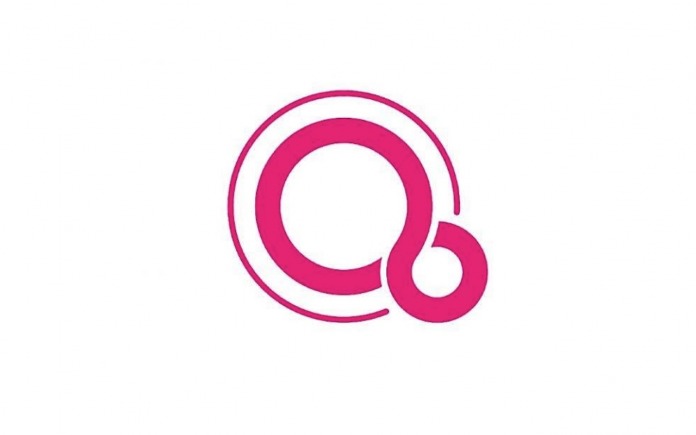
It’s been over a couple of years since we first heard about the Fuchsia. It’s Google’s secret operating system that has “tweeted” itself to the world. An APK was immediately made available for download and preview. It was featured on a Google Pixelbook and soon after, a demo of the OS was ready on the web with familiar Android and Chrome OS features. Some are saying it is a replacement for Android but it really isn’t. It’s coming soon as it’s been spotted on Android Open Source Project already with Android Runtime.
The AOSP sighting happened a year ago but we believe Fuchsia OS will be available soon. Hopefully, we’ll know if it will replace Android or not.
There’s a possibility it’s also a desktop OS as it was able to run on a Pixelbook. Aside from the web demo, we learned about the OS being tested on an Honor Play.
There is still little known about Google Fuchsia until this week at the Google I/O developer conference. Android and Chrome exec Hiroshi Lockheimer has shared some information.
The open source project could run on most devices. It’s built from scratch by Google as a new kernel we know as ‘zircon’ (magenta). It’s not based on Linux but a totally different OS. A prototype has been ready and we believe it’s receiving regular updates.
At the conference, Lockheimer said: “Fuchsia is about just pushing the state of the art in terms of operating systems and things that we learn from Fuchsia we can incorporate into other products.” The experimental OS is mainly another OS that “may be optimized for certain other form factors as well”.
Fuchsia OS is definitely experimental so nothing is final yet. The exec added:
“It’s not just phones and PCs. In the world of [the Internet of Things], there are increasing number of devices that require operating systems and new runtimes and so on. I think there’s a lot of room for multiple operating systems with different strengths and specializations. Fuchsia is one of those things and so, stay tuned.”
Google Fuchsia is really a new operating system. It’s not replacing Android nor Chrome but it can be used on a number of multiple devices. Think: one OS to rule them all–although we know it can be challenging.









